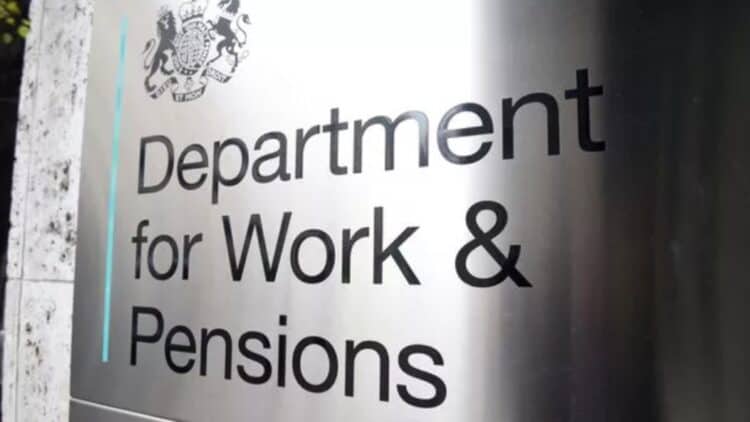Newly released government statistics reveal that Black and minority ethnic universal credit claimants in the UK are disproportionately more likely to face benefit sanctions compared to their white counterparts.
The figures, published by the Department for Work and Pensions (DWP), show that Black claimants are 58% more likely to be sanctioned, with mixed ethnic groups facing a 72% higher likelihood, and Asian claimants 5% more likely to experience sanctions than white claimants.
Benefit sanctions are financial penalties imposed on claimants for failing to comply with benefit rules, such as missing jobcentre appointments or refusing job offers. These penalties can result in payments being stopped for several days to as long as six months, often leading to severe financial hardship, increased reliance on food banks, and negative effects on mental and physical health.
Timi Okuwa, the chief executive of the Black Equity Organisation, responded to the data, stating, “These figures confirm what many have long suspected – that the welfare system disproportionately penalises Black and ethnic minority communities.” While campaigners have stopped short of labelling the disparities as evidence of structural racism or discrimination, they are calling on the government to justify the figures and ensure that ethnic minority claimants are treated fairly within the benefits system.
The Public Law Project charity, which analysed the data, also raised concerns. Caroline Selman, a researcher for the organisation, urged the DWP to assess potential discrimination in the sanctions process, saying, “The public needs to know whether these decisions are being made fairly.”
The DWP acknowledged the disparities but cautioned against drawing firm conclusions. A spokesperson stated that the department is analysing the data and will release further details, including ethnic breakdowns, later this year.
Despite the DWP’s warnings, experts like David Webster from Glasgow University noted the scale of the disparities. Webster, a leading authority on benefit sanctions, said, “The ethnic disparities shown by the statistics do not necessarily indicate racial discrimination or structural racism, but their scale is cause for concern.” He added that the DWP must provide an explanation for these stark differences.
Benefit sanctions have been a controversial aspect of the welfare system for years, with ministers defending them as a way to encourage claimants to seek work. However, studies, including a DWP internal report released in 2023, have shown that sanctions often push claimants into lower-paying jobs and slow their progress into employment, casting doubt on their effectiveness.
With approximately 7 million universal credit claimants in the UK, and nearly 440,000 facing sanctions in 2023-24, campaigners and experts are pressing for greater scrutiny of the system, particularly in light of the newly highlighted ethnic disparities.
You may also like: The shocking cost of Brexit: Why every household could lose £1,100 by 2030







